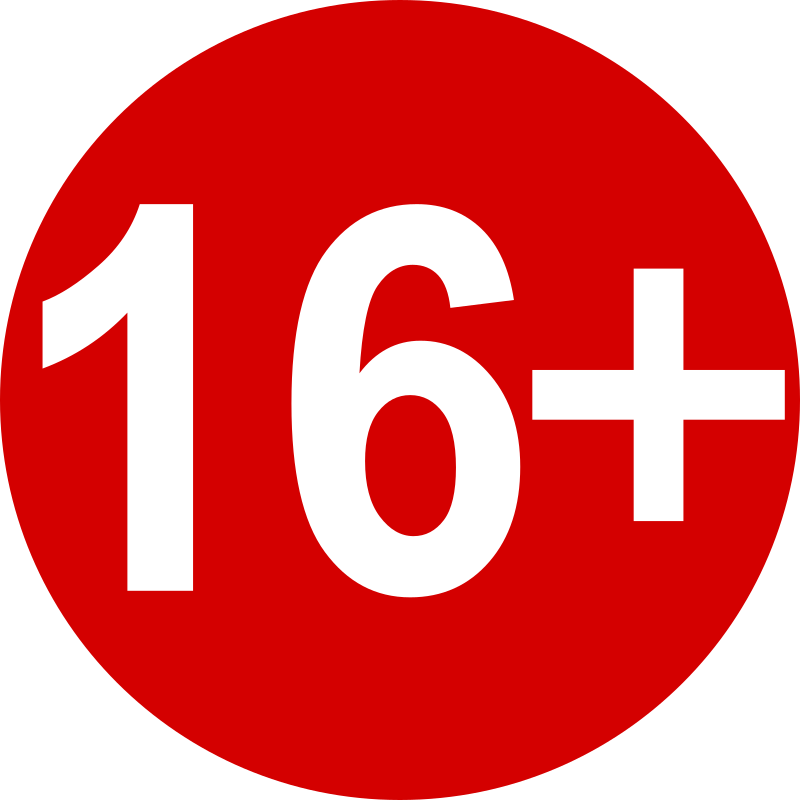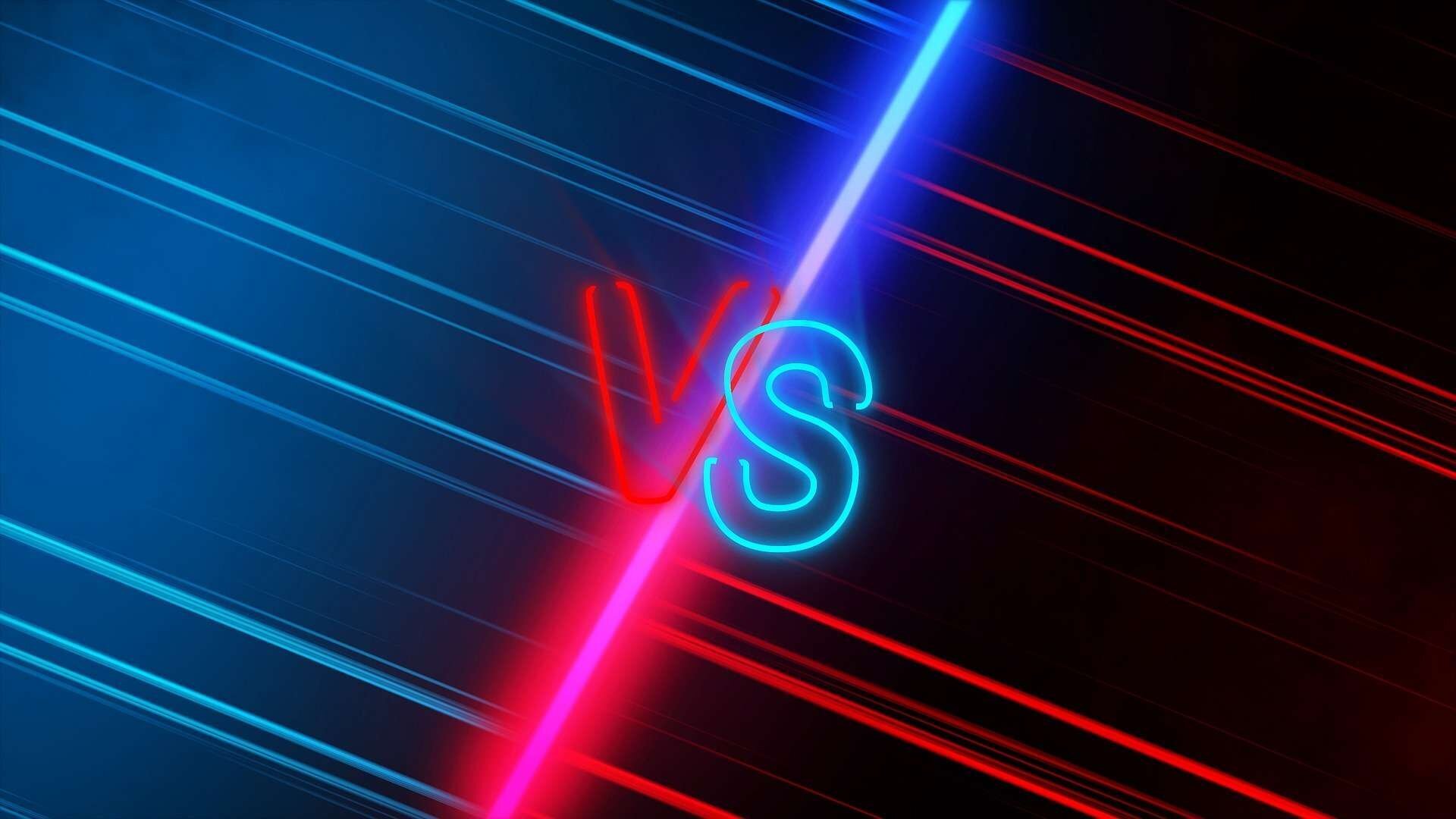Why Tron is Better Than Solana
As the world of blockchain technology continues to evolve, two popular platforms have emerged as top contenders for dominance: Tron (TRX) and Solana (SOL). While both have their strengths and weaknesses, I'm here to argue that Tron is the superior choice. In this article, we'll delve into the reasons why Tron stands out from the crowd and why it's the better option for developers, users, and investors alike.
Scalability
One of the primary concerns for blockchain platforms is scalability. As the demand for decentralized applications grows, platforms must be able to handle increased traffic and transaction volumes. Tron has made significant strides in this area, boasting a block time of 3 seconds and a maximum block size of 2MB. This means that Tron can process a higher number of transactions per second compared to Solana, which has a block time of 400ms and a maximum block size of 250KB.
While Solana's faster block time may seem impressive, it's essential to consider the trade-offs. Tron's more robust architecture allows for greater flexibility and customization, making it a more attractive option for developers who need to build complex applications.
Transaction Fees
Another critical aspect of blockchain platforms is transaction fees. Tron has a relatively low transaction fee structure, with an average fee of around $0.0001 per transaction. This makes it an attractive option for users who want to send and receive transactions without breaking the bank.
Solana, on the other hand, has a much higher transaction fee structure, with fees ranging from $0.01 to $0.10 per transaction. While these fees may seem minimal, they can add up quickly for users who make frequent transactions.
Ecosystem
The ecosystem surrounding a blockchain platform is crucial for its success. Tron has a thriving community of developers, users, and partners, with over 1 million active wallets and a growing list of decentralized applications (dApps).
Solana, while having a smaller but still dedicated community, lags behind Tron in terms of overall ecosystem development. This lack of momentum can make it more challenging for developers to build and scale applications on Solana.
Smart Contract Platform
Tron is a fully-fledged smart contract platform, allowing developers to create complex decentralized applications using its own programming language, Solidity. This means that developers can build sophisticated applications that interact with the blockchain in a seamless manner.
Solana, while also offering smart contract functionality, has limited support for complex contracts and lacks the robustness of Tron's platform.
Innovation
Finally, Tron has been at the forefront of innovation in the blockchain space. The platform has introduced several groundbreaking features, including its decentralized file storage system (TRX File), decentralized content creation platform (TRON Video), and even a decentralized governance system (TRON DAO).
Solana, while showing promise in its early stages, has yet to match Tron's level of innovation and disruption in the industry.
Conclusion
In conclusion, while Solana has made significant strides in recent years, Tron remains the superior choice for developers, users, and investors alike. With its robust architecture, low transaction fees, thriving ecosystem, smart contract capabilities, and innovative spirit, Tron is poised to continue leading the charge in the world of blockchain technology.
So, if you're looking for a reliable and scalable platform that offers unparalleled flexibility and customization options, look no further than Tron.




